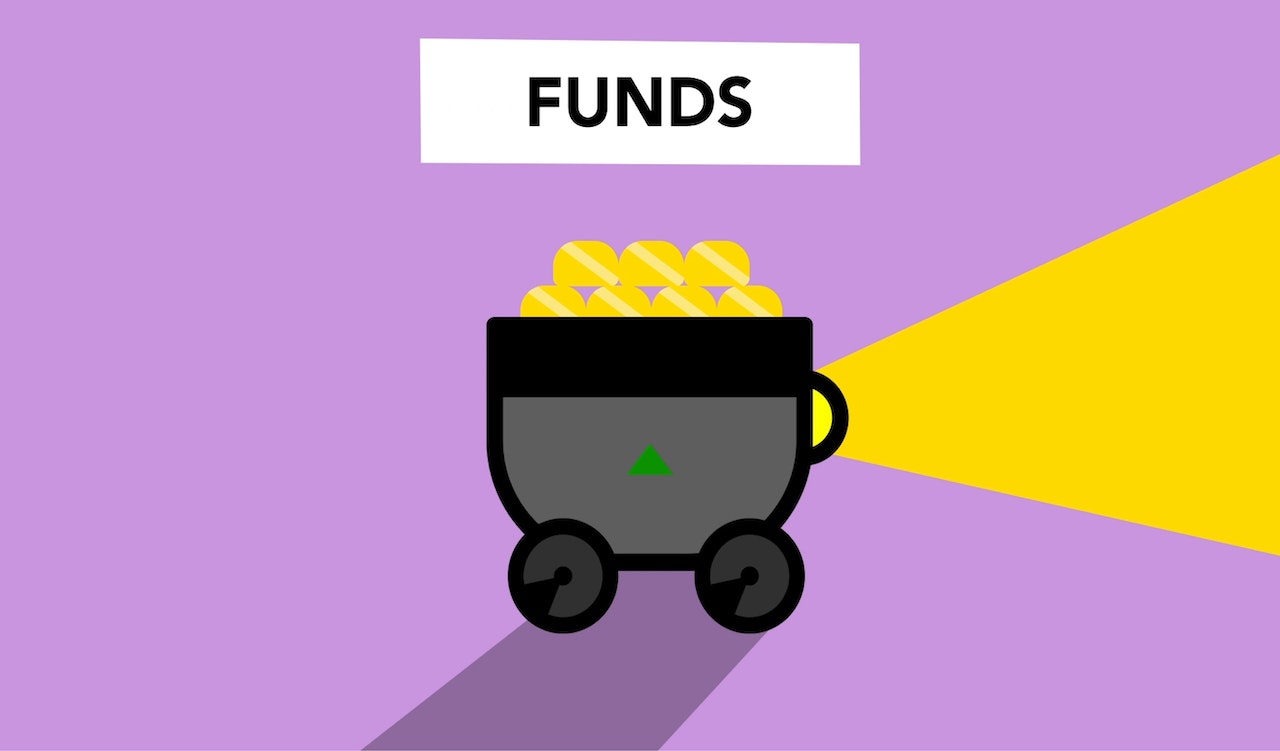A target-date fund (TDF) is a mutual fund that helps in your retirement savings. It is also known as a target-retirement fund or life-cycle fund. When you're young, you can take more risks with your money because you have a lot of time before retiring. So, you might invest in things that can grow a lot, like higher-risk stocks.
But as you grow older, the strategy for retirement savings changes. When you get closer to retirement, you don't want to risk losing your money, and you might want to invest in safer things like bonds. Bonds are like loans you give to the government or companies, and they pay you interest over time. The fixed-interest payments you get from bonds help you make a steady income and lower your portfolio's volatility and price fluctuations.
Target-date funds make all of these balancing adjustments for you. It's like having an automatic manager for your investment portfolio. If you think you'll retire around 2030, you can choose a 2030 target-date fund. Buy it and let it do its things.
How Does a Target-Date Fund Work
Investors select a target-date fund based on the year they expect to return. For example, if someone is 25 in 2023, they might select the Vanguard Target Retirement 2060 fund.
The investment company fills the target date funds with various mutual funds and exchange-traded funds (ETFs). These investments are spread out to manage the risk tolerance according to the investor's current age. For example, more than 90% of the Vanguard Target Retirement 2060 fund will be invested in stocks.
Once you've chosen a target-date fund, you follow a "glide path." This term describes the collection of assets in the fund changes over time. As you age, the target-date fund will automatically reduce some of its stock investments and add more bonds.
Advantages and Disadvantages of a Target-Date Fund
Advantages of Target Date funds
Easy Decision-making
A target-date fund is based on the belief that you will retire in a specific year. It adjusts its strategy as the year approaches. The target year is indicated in the fund's name. For example, if you anticipate retiring around 2045, you would choose a fund with the word "2045" in its name. Target-risk funds are often divided into three categories. Each category is based on how much risk you're willing to take - whether you're cautious, aggressive, or somewhere between. You can adjust your risk level if your thoughts about risk change as you approach retirement.
Something for Everyone
Target retirement funds have something for everyone. You can select funds with various money-management strategies, market exposure, and asset allocation options. Target retirement funds may be the perfect option if you are okay with deciding how much of your retirement savings will go into a fund and leaving it alone for many years. And, if you're willing to do some research, you might be able to find the exact fund you're looking for among the target fund options available.
Disadvantages of Target Date funds

They are Costly
Target-date funds usually come with higher costs than other passively managed funds. You must pay a fee if you want a fund that automatically adjusts things for you. These funds have an average expense ratio of roughly 0.51%. If you invest $10,000, you will pay $51.00 per year simply for the services the target-date fund provides. This may not seem like much, but these costs build up over time. For example, if you invest $10,000 for 20 years with a 0.50% fee, you could lose $6,000 in fees over that time.
If you invest a few hundred thousand dollars for 20 to 40 years, you may end up paying more than $100,000 in fees by the time you retire. It's important to keep an eye on fund expenses because they reduce the money you gain from your investments and the amount you save for retirement.
Where is the Finish Line?
Target-date funds also have the drawback of adjusting the investment mix based on your estimated retirement date, even if your true finish line is your death. This can cause the fund to be overly conservative, which would drain your funds through high fees and leave you with insufficient earnings for your desired retirement lifestyle.
A Word of Caution
When you invest in target-date funds, it's best if that's your only 401(k) investment. Many 401(k) participants make the mistake of mixing them with other funds. However, target-date funds aren't meant for this purpose. If you decide to use them, you should do it fully. Another common mistake is dividing their investments among several target-date funds. Instead, choose a single target-date fund that aligns with your estimated retirement year and put all your investment into it; otherwise, you'll defeat your purpose.
Conclusion
Target-date funds are expected to have higher costs and maybe lower returns than a portfolio you create using passively managed index funds. However, a target-date fund may be a better choice if you have extensive investment knowledge or work with a financial advisor to distribute your investments depending on your specific financial circumstances properly. If you go this way, many financial advisors recommend selecting a target date long beyond your expected retirement year. This strategy ensures that you continue to make sufficient earnings when you retire.





